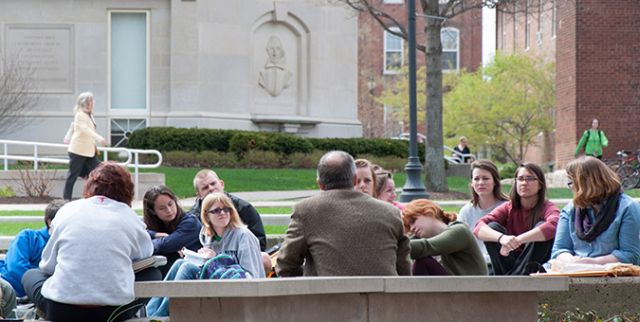
Philosophy Faculty Publications
Document Type
Article
Publication Date
2014
Publication Source
Journal for Peace and Justice Studies
Abstract
One kind of government-supported censorship of the arts targets not the expressive content of any particular artwork but instead seeks to suppress the activity of a group of people based on some feature of the group’s human identity such as race, gender or class. Using examples from the history of the development of black music in the United States that followed from the legal oppression of slavery and from evidence of changes in the Punjabi theater in Pakistan following state-sanctioned suppressions of women, this paper demonstrates that human identity-related arts censorship can actually serve to spur and enhance, rather than suppress, artistic innovation.
Inclusive pages
98-116
ISBN/ISSN
1093-6831
Document Version
Postprint
Copyright
Copyright © 2013, Center for Peace and Justice Studies, Villanova University.
Publisher
Center for Peace and Justice Education, Villanova University
Volume
23
Issue
2
Place of Publication
Villanova, PA
Peer Reviewed
yes
eCommons Citation
Bresnahan, Aili W., "Censorship as Catalyst for Artistic Innovation" (2014). Philosophy Faculty Publications. 8.
https://ecommons.udayton.edu/phl_fac_pub/8



Comments
The document available for download is the author’s submitted manuscript, provided in compliance with the publisher’s policy on self-archiving.
Some differences may exist between the manuscript and the published version; as such, researchers wishing to quote directly from this resource are advised to consult the version of record.
Permission documentation is on file.